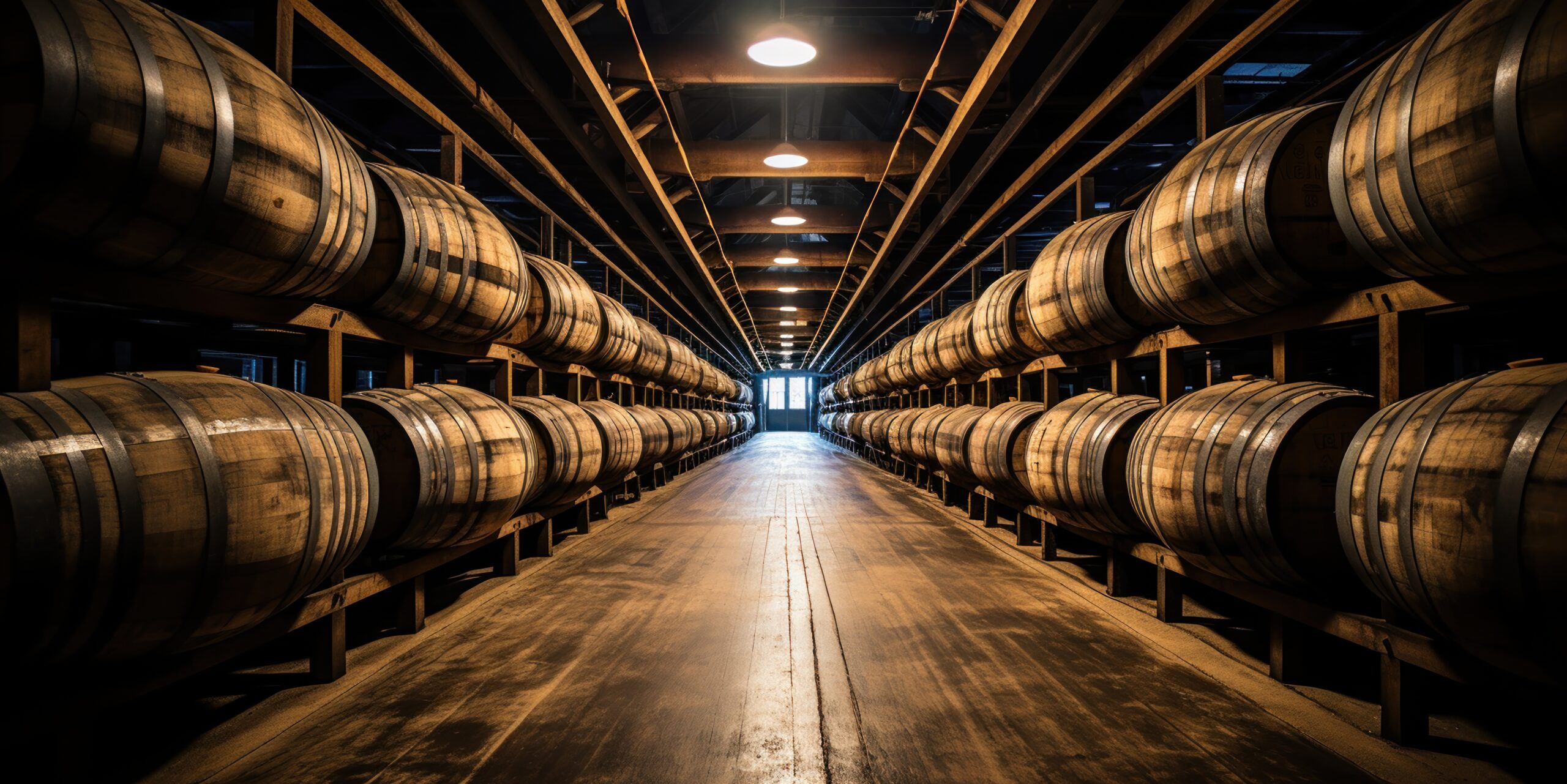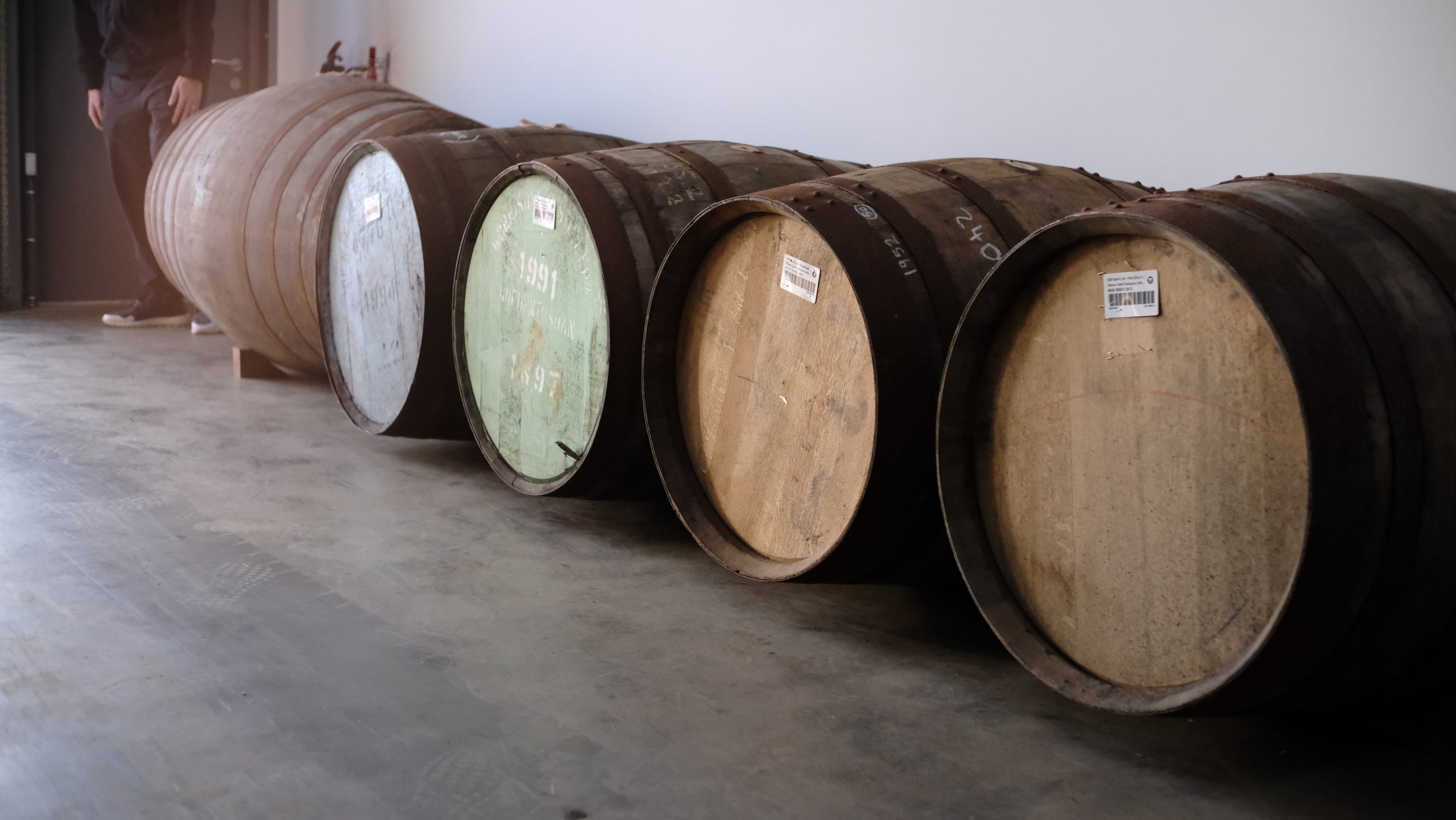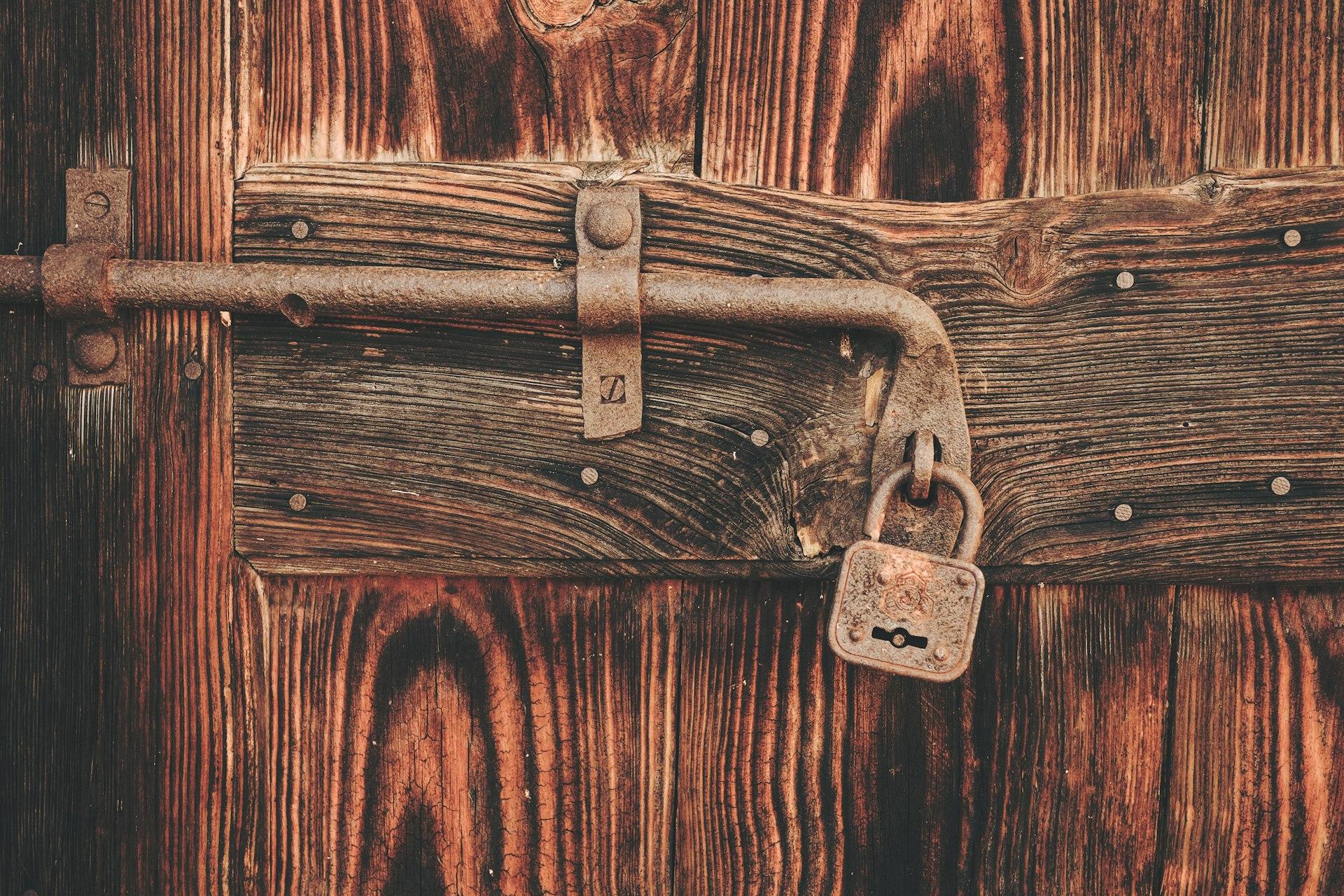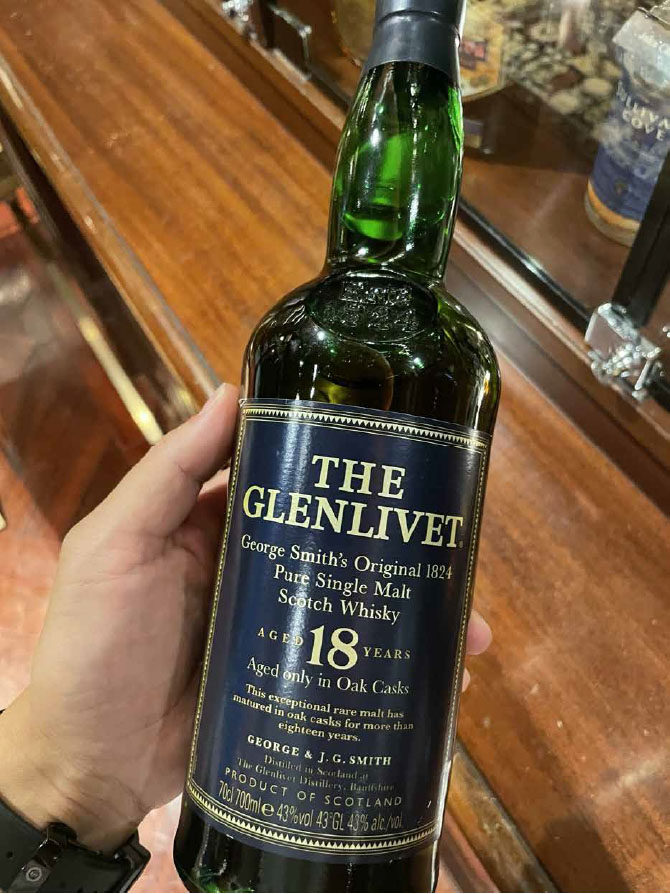The Uncomplicated Version
Fundamentally, whisky casks are almost always an investment. Beyond that, to you, a cask of whisky could be anything from:
- Commemorating a special date
- Bottling for personal consumption
- Creating bespoke and memorable gifts.
You should consider what’s important to you and what your requirements are for your casks.
If you’re bottling your cask, consider the packaging and labelling requirements that pertain to your desired import destination.
7 March 2025 – “Whisky cask investment” is a phrase that is so abundant that it probably auto-completes on Google when you start typing it. In many instances though, there is much more to owning a cask.
Here are several considerations when buying a cask:
- Investment: In almost every instance, the value of Scotch increases with age. This means that the investment value is always there. When buying a cask of whisky, it is an investment almost by definition. If this is your prime (or only) motivator, then you must understand how to value a cask and how to assess the investment proposition.
IMPORTANT NOTE: All investments carry a certain level of risk, including with whisky casks. When any whisky trader discusses the investment with you, bear in mind that there is no such thing as a ‘guaranteed’ return.
Let’s assume that the investment value is ever present, what else would make a cask purchase interesting?
- Commemorate a special date/year: It is very common that someone would purchase a cask wherein the year of distillation (AYS or ‘Age of Youngest Spirit’) coincides with the year a child was born, a wedding, graduation or any other special date or year.
Your intended outcome for this type of cask may be to eventually bottle it and drink it, give it away, pass it down to your child(ren) or otherwise. In most cases, you’d always have the option to re-sell the cask and make a financial return. It is, fundamentally, an investment after all.
- Bottling for Personal Consumption: Every cask of whisky will ultimately end up in bottles. It is at this point that the whisky’s age is ‘frozen’ and becomes permanent. [WHATS ON A LABEL]. The bottles produced from your cask of whisky are custom-made for you. This can mean anything from the design of the label, the shape of the glass, the type of corks, the ways the bottles are sealed, and (if relevant) the boxes in which the bottles will be presented.
You may be buying the cask to bottle it immediately or many years down the road. Since you will likely be a consumer of the bottles, it is probably a prerequisite that you like the whisky. If this is the case, you may be pleasantly surprised by the range of options outside of the typical ‘big names’ that everyone is familiar with.
You’ll likely want to sample the whisky before you buy it. You may want to consider re-racking the whisky (putting it into a new/different cask). You might think it’s perfect now, or that it’s almost perfect and just needs a few more years of maturation before being bottled.
- Bottling for Gifting: There are few gifts that are more symbolic than a fine bottle of scotch. When you own a cask, the personalization or personal touch of that gift can be dramatically increased. In addition to all of the customization options above, you could include your brand (or a counterparty’s brand) on the bottle, you could personalize a label or bottle etching to include their name. The options for customization are nearly unlimited. This is especially a popular option for corporate gifting.
CONSIDERATIONS FOR BOTTLING:
- Duties and VAT: depending on where you’ll import your bottles (if they’re leaving the UK), you’ll want to look into the tax implications and labeling requirements. Your broker should have some information for you or should be able to connect you with someone who can help.
- Labeling requirements: the SWA (Scotch Whisky Association) governs labelling requirements for Scotch whisky, but there may be additional information required to be on the bottles prior to landing in your destination country. Labelling requirements above what is required by the SWA may be minor or non-existent, but you should seek advice prior to shipping the bottles.
- Bottle shape and size: there are ‘standard’ bottles available with a bottler, but bespoke options are available at additional costs. As your advisor for options. Glencairn is well known and could be a consideration.
- Custom boxes: If you’ve ever purchased a bottle of whisky, it will likely have been packaged in something in addition to the glass bottle. This could be cardboard box or a cylindrical container, it could be considered an important part of the packaging and presentation of your whisky. Higher-end bottles often come in bespoke wooden boxes. Any of these can be a significant upgrade to your experience and presentation. Costs can vary widely, so ask your consultant or do your own research before paying.



